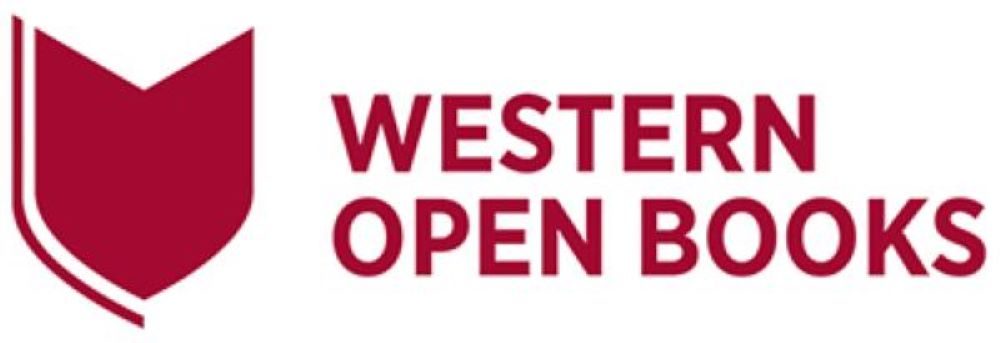Overview
Climate Action at Western
Author: Roger Attwater
Outlines Western Sydney University’s comprehensive approach to climate action, including emissions reduction, adaptation planning, and engagement through living labs. This chapter details the university’s commitment to the UN-led “Race to Zero for Colleges and Universities,” achieving Carbon Neutral status in 2023 and aiming for Climate Positive by 2029. Attwater discusses the development of a 5-Year Carbon Transition Plan, the integration of renewable energy, and the importance of resilience planning in response to climate change impacts.
From Hot Suburbs to Cool Towns: In Conversation with Dr Cool
Authors: Sebastian Pfautsch, and Jen Dollin
Features an interview with Professor Sebastian Pfautsch, known as “Dr Cool,” who discusses his impactful research and strategies for urban cooling. He highlights the importance of developing heat-smart urban spaces, especially in rapidly growing areas like Western Sydney. This chapter covers various initiatives, such as the Cool Roads Trial, SIMPaCT (an AI-based park irrigation system), and the development of urban green infrastructure. Pfautsch emphasises the need for empirical assessment of these initiatives and the role of government policy in supporting urban cooling innovations.
Leaning into Difference to Respond to Catastrophic Bushfires
Author: Jessica Weir
Explores the role of Indigenous fire leadership in addressing catastrophic bushfires. This chapter delves into the different worldviews and expertise sets of Indigenous and non-Indigenous approaches to landscape burning. Weir emphasises the importance of respectful intercultural communication and the need to address discriminatory knowledge politics. This chapter advocates for a transformative agenda that makes space for Indigenous fire expertise into broader bushfire risk management strategies.
Redrawing the Circular Economy: Organic Waste and Peri-Urban Futures
Authors: Stephen Healy, and Abby Mellick Lopes
Examines the application of the circular economy in addressing sustainability challenges, focusing on organic waste and peri-urban futures. Healy and Mellick Lopes discuss the establishment of a reverse logistics supply chain for organic waste, highlighting collaborative efforts among social enterprises, family farms, and academic institutions. This chapter emphasises the potential of regenerative practices, such as hemp cultivation, to mitigate climate impact and foster sustainable economic linkages.
Is This for Real? Urban Platypus in Western Sydney’s Waterways
Authors: Hawkesbury Nepean Waterkeeper Alliance (HNWA), and Michelle Ryan
Explores the surprising discovery of platypus populations in urban waterways of Western Sydney. The HNWA team and Michelle Ryan discuss their research methods, including environmental DNA (eDNA) sampling, and the importance of community involvement in conservation efforts. This chapter highlights the unique adaptations of platypus and the threats they face in urban environments, advocating for better waterway protection and sustainable urban development.
Workforce Issues in the Disability Sector
Authors: Caroline Mills, Danielle Tracey, Kitty Mach, and Jeff Scobie
Provides a narrative around workforce challenges and opportunities within the disability sector. It outlines the critical importance of the workforce in achieving positive outcomes for people with disabilities and explores factors that bolster or hinder recruitment and retention. This chapter also examines the impact of Australia’s National Disability Insurance Scheme (NDIS) on workers and concludes with practical calls for action to improve workforce conditions and support.
Gender Matters: Gender Equity, Equality, and Gender Justice
Author: Susanne Gannon
Presents findings from the Gender Matters ARC project, which explores recent school leavers’ understandings and experiences of gender equity. This chapter highlights the fluidity and freedom in gender identity and expression, advocating for respect and inclusivity. Gannon discusses ongoing gender injustices, such as pay gaps and stereotypes, and suggests how policy might evolve to support gender justice in education.
Civilian Germans of Persia and their Fate in Australian World War Two Internment Prison Camps
Authors: Pedram Khosronejad, and Helga (Girschik) Griffin
Introduces the life stories of German civilians from Persia who were interned in Australian prison camps during World War II. It provides historical context and explores the personal experiences of these internees, highlighting the challenges they faced and their coping strategies. This chapter emphasises the importance of preserving and representing migrant heritage.
The Genie is Out: Is AI a Tool of War or Peace?
Author: Izabela Pereira Watts
Analyses the impact of Artificial Intelligence (AI) on warfare, humanitarian law, and human rights, using the Israel-Gaza conflict as a case study. This chapter discusses the use of AI in lethal autonomous weapons systems and the ethical and legal challenges it poses. Watts emphasises the need for international regulation to prevent AI from being used as a tool for genocide and to harness its potential for humanitarian purposes.
